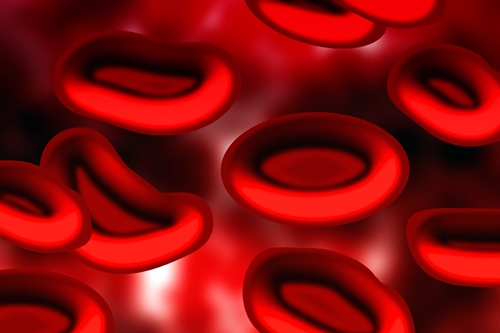22 November 2016. The Feinstein Institute for Medical Research and Global Good Fund are evaluating an electronic device that stimulates nerves to stop bleeding, as a way to control postpartum hemorrhage. The device is known as a neural tourniquet, developed by Sanguistat Inc., a spin-off company from the Feinstein Institute in Morris, Connecticut, also taking part in the project.
Postpartum hemorrhage is a particular maternal health problem in developing regions, where maternal mortality rates exceed 1,000 women per 100,000 live births, and the disorder is responsible for an estimated quarter of those deaths. Postpartum hemorrhage is defined arbitrarily as blood loss of more than 500 milliliters following vaginal delivery or more than 1,000 milliliters following cesarean delivery. Diagnosis of postpartum hemorrhage is usually reserved for pregnancies that progress beyond 20 weeks.
Feinstein Institute is the research division of Northwell Health, a health care provider in Manhasset, New York, which conducts research on electronic nerve stimulation as a therapeutic technique. The institute says this therapy strategy is already being applied to neurological disorders including epilepsy, depression, and cluster and migraine headache. The neural tourniquet is a device that applies the same principle to dangerous bleeding episodes.
Sanguistat, founded in October 2015, is commercializing Feinstein Institute’s research neural stimulation and excess bleeding. The company says the neural tourniquet sends electronic signals through the vagus nerve, part of the involuntary nervous system controlling various bodily functions. The vagus nerve extends from the brain to the abdomen, and through multiple organs, including the spleen.
In the spleen, the signals help prime blood platelets, which when in contact with damaged tissue, begin forming clots to stop the bleeding faster than normal platelets. Sanguistat says its preclinical studies show a single treatment with the neural tourniquet can reduce blood loss by up to 70 percent in cases of trauma or hemophilia.
The alliance of Global Good Fund, Feinstein Institute, and Sanguistat will assess the utility of the neural tourniquet in clinical trials to treat postpartum hemorrhage. Global Good brings together government, business, and not-for-profit organizations to develop new technologies to improve the life of residents in the poorest regions in the world.
The organization is a partnership between Microsoft founder Bill Gates and new technology developer Intellectual Ventures in Bellevue, Washington. Intellectual Ventures acquires patent rights to new inventions, then arranges their licensing, financing, and development with business and not-for-profit organizations as sponsors.
“All postpartum hemorrhage deaths are tragic, but they are all too common in low-income countries, where many women suffer from anemia and lack access to the necessary obstetric care,” says David Bell, Global Good’s director of Global Health Technologies in a joint statement. “If this technology proves successful, the partnership with the Feinstein Institute and Sanguistat could mean the difference between life and death for mothers around the world who suffer from postpartum hemorrhage.”
Read more:
- Electronic Pulses Shown to Induce Cancer Immune Response
- Spinal Cord Injury Rehab Device in Development
- Challenge Seeks Health Technology Start-Ups
- Chip Device Simulates Blood Vessels in Clotting
- GSK, Alphabet Form Bioelectronic Device Venture
* * *


 RSS - Posts
RSS - Posts
You must be logged in to post a comment.